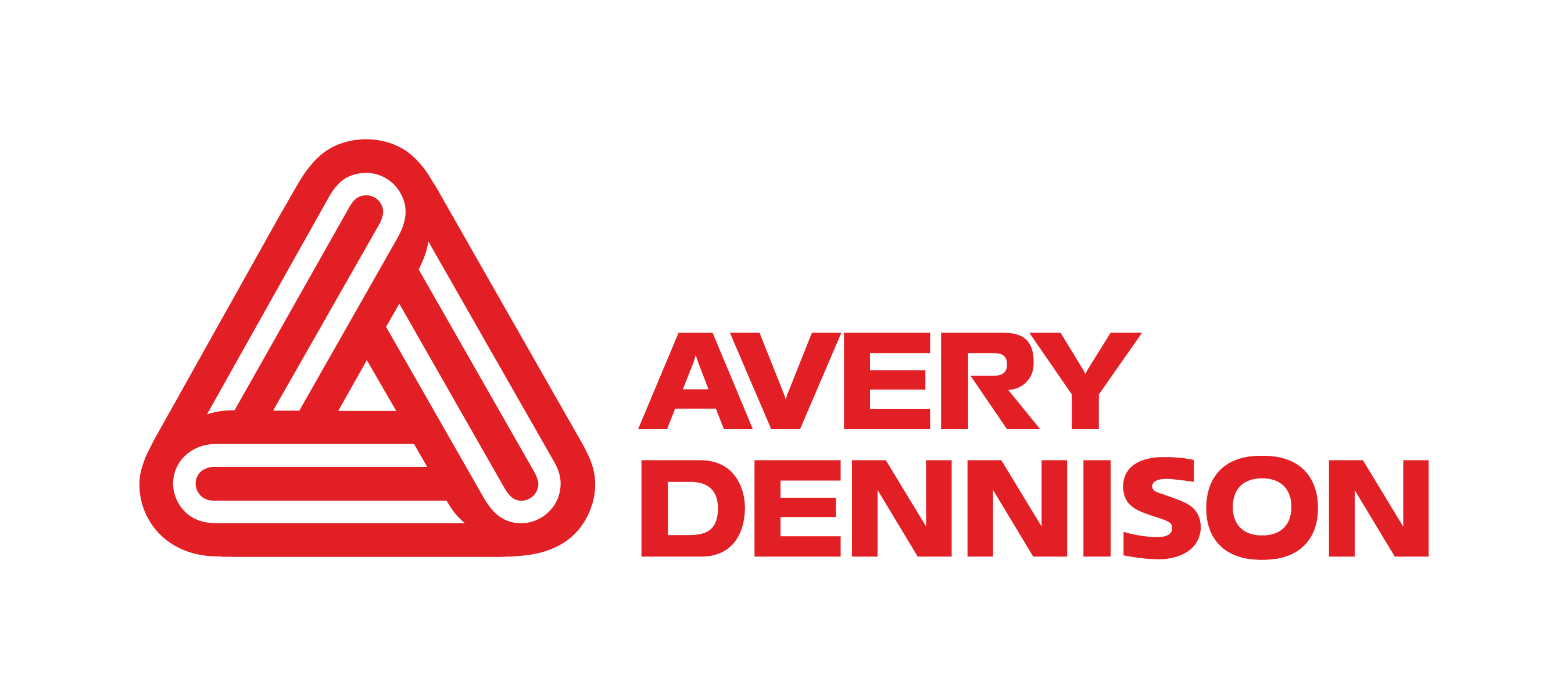Svenska Retursystem: Return and Reuse
The idea behind Svenska Retursystem (SRS) is elegant in its simplicity: the distribution of goods and produce such as food and beverage should take place in reusable units rather than disposable packaging.
So, streamlining logistics and distribution, SRS provides reusable crates and pallets that have been developed to meet the grocery industry’s strict standards for quality, durability and care for the environment.
The pooling system is based on circular economy principles, with crates made of hardwearing, recyclable plastic that can be used again and again.
First off, SRS supplies the reusable crates and pallets to the producer, where they are filled for delivery to the wholesaler. The wholesaler then delivers them to the retailer — where the crates and pallets are emptied and returned. Finally, SRS brings them all back for quality control and washing, following which they are ready to be used again.
Crates that have reached the end of their service are sent back to the manufacturer where they are ground down and the recovered material is then used in the production of new crates. Through this process the materials live on and additional natural resource extraction is avoided.
This is no niche activity: half of Sweden’s fresh produce deliveries to the grocery retail trade use SRS’s reusable crates, with customers including major retailers and brands from Coop to Coca Cola.
Therefore, whilst the principle might seem simple enough, the multiple benefits that accrue to the various stakeholders throughout the supply chain are both significant and sophisticated in sustainability terms.
In avoiding the need for disposable packaging, the system cuts CO2 emissions, reduces food waste, optimises transport, minimises use of chemicals and helps maintain a cleaner working environment.
Furthermore, when it comes to carbon, SRS does not just claim to shrink footprints, it can prove it, via third-party validation. An independent life cycle analysis (LCA) of the service has revealed reusable crates reduced CO2e emissions by 78%, compared with equivalent disposable packaging.
The opposite of disposable, being durable is what delivers the benefits over time, explains Caroline Silvarö:




